
Desk Report
30 March, 2024 20:00
Bangladesh ranks 160th globally in waste management and recycling
International Day of Zero Waste 2024
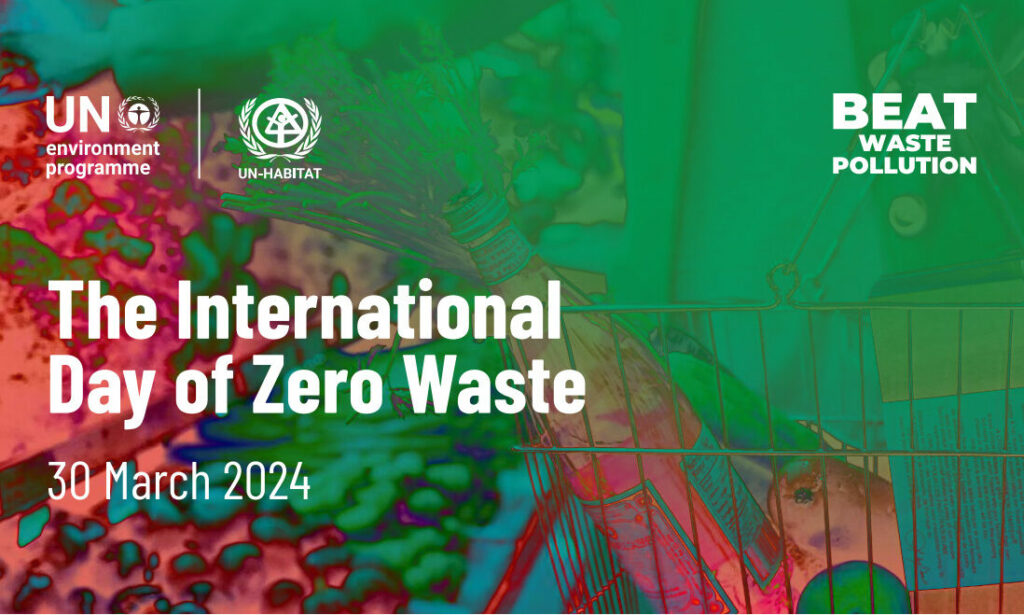
photo: collected
Bangladesh ranks 160th among 180 countries in waste management globally. Even among the South Asian countries, its position is towards the bottom.
Despite efforts for waste recycling, expected success has not been achieved.
Therefore, experts have emphasized the importance of environmentally friendly and scientifically sound waste management. In this reality, International Zero Waste Day will be observed globally on Saturday.
Adil Muhammad Khan, President of the Bangladesh Institute of Planners (BIP) and urban planner, told the media, "Our waste management is not scientifically prepared. We haven't been able to create any framework for waste collection through segregation. The city corporation collects door-to-door. If we cannot create a framework, there is no possibility of any improvement in our standards. Waste management is a major cause of air pollution, which poses a health risk to us. We need to implement scientifically sound waste management and invest in city corporations. If skilled people are involved in management, it is possible to create infrastructure for waste management."
According to the information on the website, the United Nations Environment Programme (UNEP) is initiating efforts to emphasize the importance of proper waste management globally. Globally, between 2.1 billion and 3.1 billion tons of solid waste are generated annually in urban areas. If urgent action is not taken, it could reach 3.8 billion tons by 2050. As a result, along with the extreme health hazards of waste pollution, various risks to biodiversity are being created due to climate change.
According to the Environmental Performance Index 2022, Bangladesh ranks 160th in waste management. The score is just below 10. On the other hand, compared to other South Asian countries, Bangladesh is lagging behind. Bhutan has the highest score of 43.4 in the list, where Bangladesh ranks seventh. Only Afghanistan is behind Bangladesh.
According to the Annual Report of the Ministry of Environment, Forest and Climate Change, the Department of Environment is working on chemical and hazardous waste, solid waste, and e-waste management. In addition to controlling plastic pollution and environmentally friendly management, a 10-year action plan aims to stop the use of single-use plastics by 2026, ensure the recycling of 50% of plastic waste by 2025, and reduce plastic waste production by 30% by 2030.
Officials say that in developed countries, waste is separated from the source and then collected. It is subsequently reused step by step. But such a system has not yet been developed in Bangladesh. Because of dietary differences, waste recycling is less common. Currently, only 8-9% of waste is recycled. With proper management, it could reach 15%.
Dr. Mohammad Safiullah Siddique, Executive Engineer of the Waste Management Division of Dhaka South City Corporation, said, "We have plans for waste recycling. We will start it soon through the tender process."
Regarding zero waste, he said, "It sounds good to hear. But it has not been practically implementable in the country. It is difficult to implement. A large budget is required."


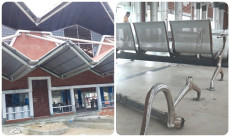
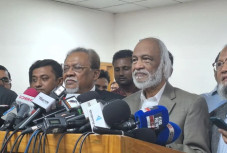
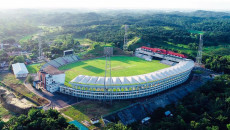
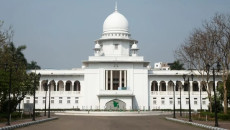

 সিলেট সিপিবি সাধারণ সম্পাদক সুমন ‘আটক’
সিলেট সিপিবি সাধারণ সম্পাদক সুমন ‘আটক’ 




 IT Lab Solutions Ltd.
IT Lab Solutions Ltd.
আপনার মন্তব্য